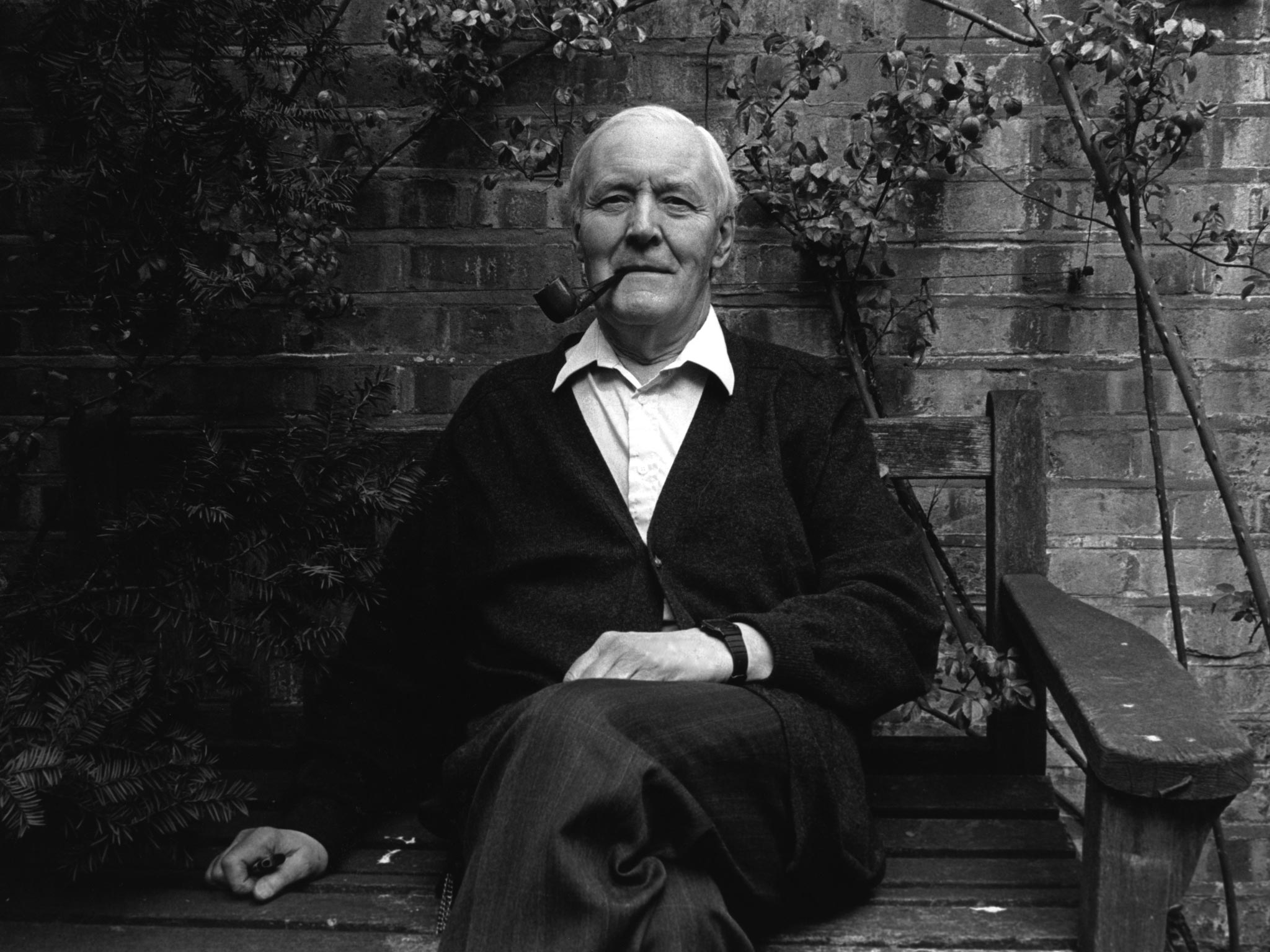Tony Benn tributes: Politicians of every hue pay respects to ‘true political warrior’
Andy McSmith finds universal admiration in Westminster for a man of conviction who divided the left

Your support helps us to tell the story
From reproductive rights to climate change to Big Tech, The Independent is on the ground when the story is developing. Whether it's investigating the financials of Elon Musk's pro-Trump PAC or producing our latest documentary, 'The A Word', which shines a light on the American women fighting for reproductive rights, we know how important it is to parse out the facts from the messaging.
At such a critical moment in US history, we need reporters on the ground. Your donation allows us to keep sending journalists to speak to both sides of the story.
The Independent is trusted by Americans across the entire political spectrum. And unlike many other quality news outlets, we choose not to lock Americans out of our reporting and analysis with paywalls. We believe quality journalism should be available to everyone, paid for by those who can afford it.
Your support makes all the difference.On a day of tributes to one of the most admired – and divisive – politicians of the post-war era, one in particular stood out. Not for its effusiveness, but for its honesty.
Denis Healey, who fought against Tony Benn in one of the most bruising heavyweight political contests of the past 40 years, spoke tenderly of the late warming in relations he enjoyed with a man he once loathed.
The Labour grandee, now 96, told The Independent: “I disliked him intensely when we were fighting, because I felt he was raising the wrong issues and using the wrong arguments. But by the end of our careers, we got on very well, and we had useful chats together on television, and so on. In recent years, we got on very well, and we had some very friendly conversations.”
He added: “In those days, for politicians, politics was almost all that mattered, whereas nowadays most politicians are not much more interested in politics than the electorate.”
Benn, who died aged 88, was one of the few politicians who, in his heyday, was a household name, recognised wherever he went.
The son of a former cabinet minister who was ennobled as Viscount Stansgate during the Second World War, Tony Benn was the country’s youngest MP when he was first elected in 1950 in a by-election in Bristol South East, aged 25, and in 1966, aged 41, he became the youngest member of the Cabinet when he was appointed minister of Technology.
By the time he left the Commons, in 2001, he was the longest-serving MP in the history of the Labour Party, despite having been told when his father died in 1960 that he had no choice but to leave the Commons and go to the House of Lords. He fought a long battle to establish his right to renounce his peerage.
After Labour’s defeat in the 1970 general election, he reinvented himself as the leading advocate of a radical left-wing programme that included nationalisation of the main industries, withdrawal from the EU, and unilateral nuclear disarmament.
He also fought to change the Labour Party rules, and was frustrated when in 1980 Michael Foot was elected party leader, with Mr Healey as deputy leader, under the old rules with only Labour MPs taking part in the vote.
After the voting system had been changed in 1981, he fought a bitter five-month-long campaign to supplant Mr Healey in the deputy leadership, which exposed the very deep divisions in the Labour Party, leaving Michael Foot looking like a helpless referee unable to stop two heavyweights from bludgeoning each other to death. Despite securing the block vote of the massive Transport and General Workers’ Union, Benn lost by a margin of less than 1 per cent.
But before he emerged as the voice of the left, he was a hard-working minister, fascinated by technology, who fought hard to create jobs in his Bristol constituency by pushing ahead with the £1.3bn supersonic aircraft, Concorde.
“Ironically, his greatest achievement was the one of which he was later most ashamed, and that was to get Concorde going at a colossal cost, very much higher than originally imagined. It was a complete loss,” Mr Healey said.
Benn’s death was announced by his four children, Stephen, Hilary, Melissa and Joshua. They said that he died “peacefully early this morning surrounded by his family”, adding: “We are comforted by the memory of his long, full and inspiring life and so proud of his devotion to helping others as he sought to change the world for the better.”
Some leading Labour figures from the 1970s and 1980s maintained a tactful silence yesterday, rather than express the enduring anger they feel against Benn, whom they hold responsible for Labour’s catastrophic defeat in the 1983 general election, which helped to keep Margaret Thatcher in power for a decade.
But the former Home Secretary David Blunkett, who parted company with Benn, politically, in the mid-1980s, writing in today’s Independent, said: “Charming, persuasive, and sometimes deeply frustrating, what you would learn from Tony Benn was to think for yourself.”
The former Prime Minister Gordon Brown described him as “a powerful, fearless, relentless advocate for social justice”, and the veteran leftist Dennis Skinner called him “one of the greatest assets the Labour Party has ever had”. Ed Miliband paid tribute to an “iconic figure of our age”.
David Cameron said: “Tony Benn was a magnificent writer, speaker and campaigner. There was never a dull moment listening to him, even if you disagreed with him.”
The former Prime Minister Sir John Major also paid tribute to “a true political warrior who fought for what he believed – right up to the very end”.
Join our commenting forum
Join thought-provoking conversations, follow other Independent readers and see their replies
Comments